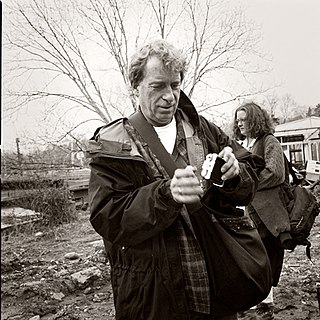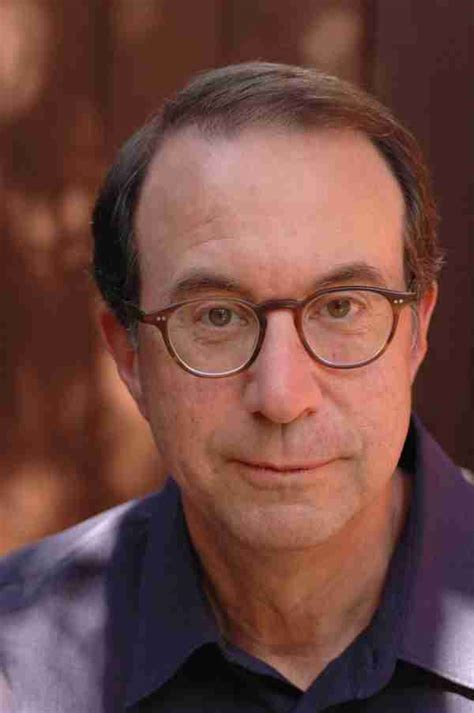A Quote by Dave Barry
Several years ago we had an intern who was none too swift. One day he was typing and turned to a secretary and said, "I'm almost out of typing paper. What do I do?" "Just use copier machine paper," she told him. With that, the intern took his last remaining blank piece of paper, put it on the photocopier and proceeded to make five blank copies.
Related Quotes
I was blown away when I figured out that none of the great integrative moves that I studied came as a result of starting with a blank sheet of paper - as many innovation coaches suggest. Integrative solutions came directly from mining the existing models for the best of their nuggets. So I never start with a blank sheet of paper anymore.
The world is like a sheet of paper on which something is typed. The reading and the meaning will vary with the reader, but the paper is the common factor, always present, rarely perceived. When the ribbon is removed, typing leaves no trace on the paper. So is my mind - the impressions keep on coming, but no trace is left.
The writer learns to write, in the last resort, only by writing. He must get words onto paper even if he is dissatisfied with them. A young writer must cross many psychological barriers to acquire confidence in his capacity to produce good work-especially his first full-length book-and he cannot do this by staring at a piece of blank paper, searching for the perfect sentence.
Finding the discipline, the motivation, the focus, the passion to sit down in front of a blank piece of paper or a blank computer screen every day and then to make it come alive with characters and with plot is incredibly exciting and at the same time terrifying and frustrating, and sometimes it comes easy and sometimes it comes really hard.
Lagrange, in one of the later years of his life, imagined that he had overcome the difficulty (of the parallel axiom). He went so far as to write a paper, which he took with him to the Institute, and began to read it. But in the first paragraph something struck him that he had not observed: he muttered: 'Il faut que j'y songe encore', and put the paper in his pocket.' [I must think about it again]
She glanced up at him, and in that moment he pulled his wet shirt over his head. She forced her mind blank. Blank as a new sheet of paper, blank as a starless sky. He came to the fire and crouched before it. He rubbed the water from his bare arms and flicked it in the flames. She stared at the goose and sliced his drumstick carefully and thought of the blankest expression on the blankest face she could possibly imagine. It was a chilly evening; she thought about that. The goose would be delicious, they must eat as much of it as possible, they must not waste it; she thought about that.
What I've always wished I'd invented was paper underwear, even knowing that the idea never took off when they did come out with it. I still think it's a good idea, and I don't know why people resist it when they've accepted paper napkins and paper plates and paper curtains and paper towels-it would make more sense not to have to wash out underwear than not to have to wash out towels.
Writing in a journal is just a stall, a waiting game, a way to tell yourself that you're working when you're not, that you're doing something of value when you're just using up paper, that you're a writer when in fact you're just going through the motions of one. Look at me! I have blank paper in front of me-and now I'm filling it, with words!
































